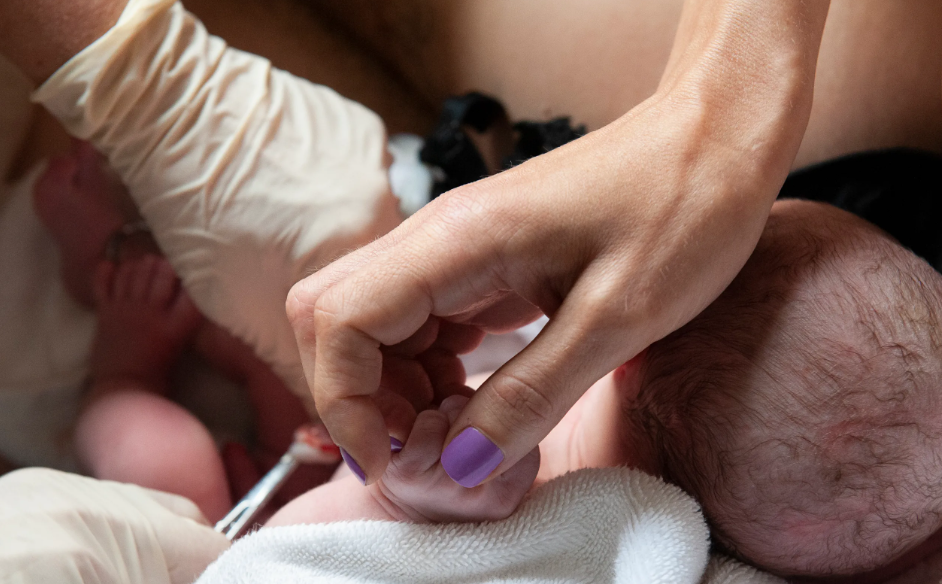In the realm of childbirth, there’s a growing trend towards embracing the natural and personal. More and more women are choosing to give birth in the comfort of their own homes, surrounded by familiar settings and loved ones. Facilitating this shift towards home birth and natural birth are two critical figures – midwives and doulas.
The Increasing Popularity of Home Birth
This is a concept that harks back to a time before the advent of modern hospitals. It involves giving birth in a non-clinical, home-based environment under the supervision of experienced healthcare professionals, usually midwives.
The motivation behind opting for a home birth varies from mother to mother. Some prefer the familiarity and comfort of their own homes, while others appreciate the autonomy and empowerment that comes with making decisions about their bodies and birth process. Moreover, home birth allows for a more intimate, personal experience, with the freedom to choose who is present during the birth.
Understanding Natural Birth
Natural birth, often chosen in conjunction with home birth, refers to a birth process free from medical interventions like epidurals or cesarean sections. The focus is on letting nature take its course, allowing the body to go through labour and delivery at its own pace.
The philosophy behind natural birth is rooted in the belief that childbirth is a normal physiological process that a woman’s body is naturally equipped to handle. It emphasizes active participation from the mother, encouraging her to trust her instincts and work with her body during labour.
The Role of Midwives in Home and Natural Birth
Midwives play a pivotal role in facilitating homebirth and natural birth. They provide prenatal care, monitor the health of the mother and baby during labour, and offer postnatal support. Their expertise lies in managing the birth process without unnecessary medical interventions, making them ideal for those seeking a natural birth.
A critical aspect of a midwife’s role is building a trusting relationship with the mother. This connection allows them to provide personalized care, taking into account the mother’s desires and concerns, and providing reassurance and support throughout the journey.
Doulas: A Pillar of Emotional Support
While midwives manage the clinical aspects of home birth, doulas offer invaluable emotional support. They are there to provide comfort, encouragement, and reassurance to the mother before, during, and after childbirth.
A doula’s role in a home birth is multifaceted. They help create a calm and supportive environment, assist with pain management techniques, and provide information and advocacy when needed. In the context of natural birth, a doula’s support can be instrumental in helping a woman navigate the challenges of labour without medical intervention.
The Power of Support in Home Birth
The journey towards homebirth and natural birth can be a transformative and empowering experience. The support of midwives and doulas is invaluable in this journey, providing the professional care, personal attention, and emotional support that mothers need. As we move forward, it’s clear that these professionals will continue to play a crucial role in shaping the future of childbirth, making home and natural births a safe and accessible choice for more women.
Conclusion
Home birth with the support of midwives and doulas is an option that offers expectant parents a nurturing, empowering and natural birthing experience. These caregivers play vital roles in providing continuous support, ensuring the safety of both mother and baby and enhancing the overall birthing journey. As home births continue to gain popularity, the essential roles of midwives and doulas in supporting expectant parents in their pursuit of a natural and intimate birthing experience are more significant than ever.

